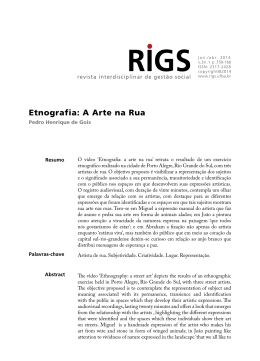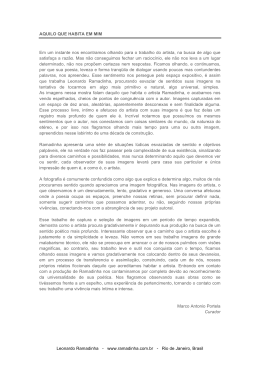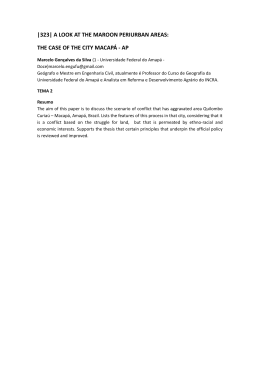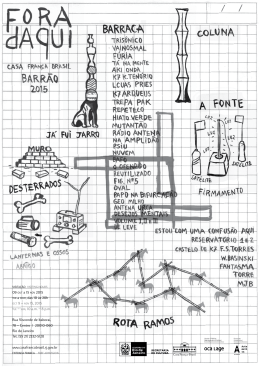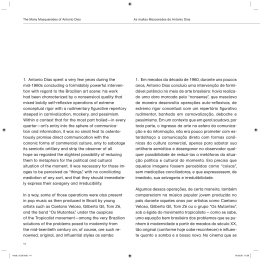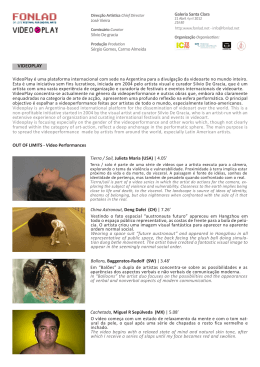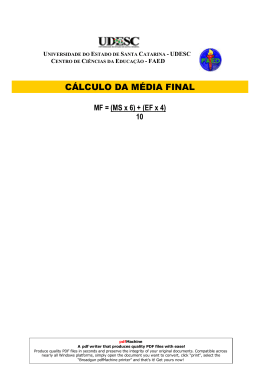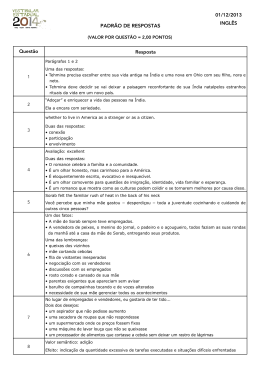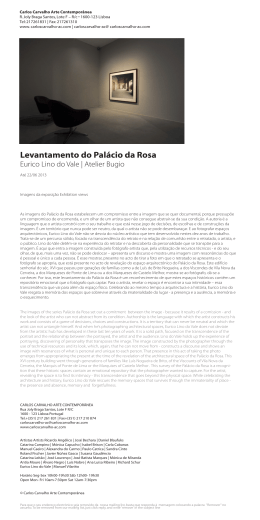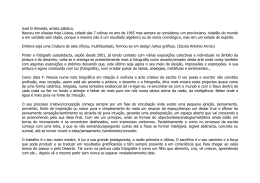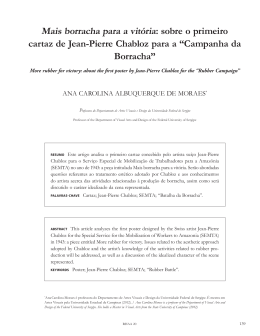Manifesto Versatilista O Versatilismo é definido por um manifesto que tem como princípio filosófico a imortalidade da alma, que foi criada por uma Inteligência Suprema. A alma se vê eternamente subordinada às leis existentes no Universo1. O termo "Versatilista" pode passar a falsa ideia, de que para ser um adepto do movimento é necessário que o artista domine diversas linguagens, o que absolutamente não corresponde às intenções deste manifesto. É possível atuar em uma única área e ser um versatilista. Os versatilistas adotam que as coisas existem para ser estudadas, aprendidas e manipuladas, uma vez que a eternidade abriga tempo suficiente para tudo isso. Cabe ao homem, nos diversos degraus do seu aprendizado, discernir qual é a boa ou a má utilização daquilo que lhe está ao alcance. Ser um versatilista é uma escolha de afinidade. O versatilista não se prende às antigas, atuais ou futuras exigências mercadológicas, que escravizam o artista às convenções de época. O Versatilismo pretende libertar as pessoas das análises especializadas e promover a prática da arte como forma de autoconhecimento. É preferível que o artista faça seus trabalhos sempre no limite das suas possibilidades, buscando ampliar a sua consciência e, consequentemente, a qualidade dos resultados. O “erro” é uma parte inevitável no processo evolutivo de cada um, por isso mesmo que o artista não pode desanimar perante as críticas ou autocríticas severas advindas do preconceito e do perfeccionismo. A prática artística é um campo inesgotável de experimentação. Um bom trabalho de Arte instiga a inteligência e toca os sentimentos mais profundos. Destarte, o que é bom para um determinado grupo social pode não dizer nada para outro. O ser humano aprecia o que está ao seu alcance intelectual e sensitivo. Uma criança que gosta de determinado tipo de música, com o passar dos anos, em função da mudança da sua consciência e das influências sociais a que se vê sujeita, altera suas preferências. Esse processo de mutação da consciência é contínuo, pois a criatura sempre estará aquém das possibilidades do Criador. O Versatilismo busca as expressões artísticas que promovem o homem e a sociedade, respeitando sempre o nível de compreensão do artista. 1 Universo é entendido como o somatório de tudo o que existe na matéria e fora dela, por tudo que é conhecido ou que um dia o será. No Versatilismo não existem concursos de arte, pois nenhum homem, ou grupo, está apto a julgar o trabalho de outro(s) homem(ns). Um crítico de arte analisa uma situação sempre de um ponto de vista profundamente limitado, porque limitados são os seus conhecimentos. Os concursos e prêmios podem ser formas de dirigir a opinião pública e, desse modo, valorizar este ou aquele artista em busca de vantagens financeiras ou sociais. Porém éticas iniciativas culturais são louváveis. Cada pessoa tem o seu estilo e a sua liberdade de escolha. Querer impor ao artista este ou aquele caminho é uma antítese do que é a própria Arte. No Versatilismo o artista não precisa manter‐se escravo de sua própria produção, ele pode seguir outros rumos ou voltar às origens quando bem entender. O tipo de procedimento mercantilista, que exige tal serventia, mais alegra aos cofres do que as almas. Enquanto estilo, na História da Arte é possível encontrar artistas que se aproximaram da Estética Versatilista, se não em todos fundamentos, em grande parte deles. Denis Mandarino ‐ Julho de 2007 Versatilist ManifestŽ Versatilism is defined by a manifesto that has as philosophical principle the immortality of soul, which was created by a Supreme Intelligence. The soul is eternally subordinated to the laws that exist in the Universe2. The term "Versatilist" can give you the false impression that it is necessary the artist masters many languages for being an enthusiast, fact that does not correspond to the intentions of this manifesto. It is possible to work in only one area and be a versatilist. Versatilists believe things exist to be studied, learnt and manipulated, once there is enough time for everything in eternity. It is up to the man, in the many steps of his learning process, discover the good or the bad use of what is in his reach. Being a versatilist is a choice of affinity. The versatilist does not get attached to ancient, present or future market demands that enslave the artist to the conventions of his time. Versatilism intends to free people from specialized analysis, and promote the exercise of the art as a way of self‐knowledge. It is better the artist always does his work in the limit of his possibilities, aiming at enlarging conscience and consequently, the quality of the results. The “mistake” is an inevitable part in the evolution process of each person. That is why the artist cannot feel discouraged when faces harsh criticism or self‐criticism that occur because of prejudice and perfectionism. The artistic practice is a field of unlimited experiment. A good work of art instigates the intelligence and touches the deepest feelings. Thus what’s good to a specific social group can mean nothing to another one. Human beings appreciate what is in their intellectual and sensitive reach. A boy that enjoys a specific type of music can change his preferences as the years go by because of changes in conscience and social influences. This process of mutation of conscience is continuous because the creature will always be beneath the possibilities of the Creator. Versatilism looks for artistic expressions that promote man and society, always respecting the artist’s level of understanding. In Versatilism, there are no art contests, as no man or group is capable of 2 Universe is understood as the sum of everything that exists in the matter and outside it, for everything that is known or that will be known one day. judging other men. An art critic always analyses a situation from a profoundly limited point of view because his knowledge is also limited. Contests and prizes can be a way of directing public opinion and on doing so, valorizing this or that artist that aims financial or social advantages. Nevertheless, ethical cultural initiatives are praiseworthy. Each person has style and freedom of choice. Trying to impose this or that way to the artist is the antithesis of what art means. In Versatilism, the artist does not have to be a slave of his own production. He can follow other paths or go back to his origins whenever he wants. The type of mercantilist procedure that requires such servitude load safes more than rejoices souls. As style, in Art History, it is possible to find artists that approached the Versatilist Aesthetics if not in all, in a great part of fundaments. Denis Mandarino ‐ 2007, July Versão para o inglês por Fádia Tarcha.
Download
